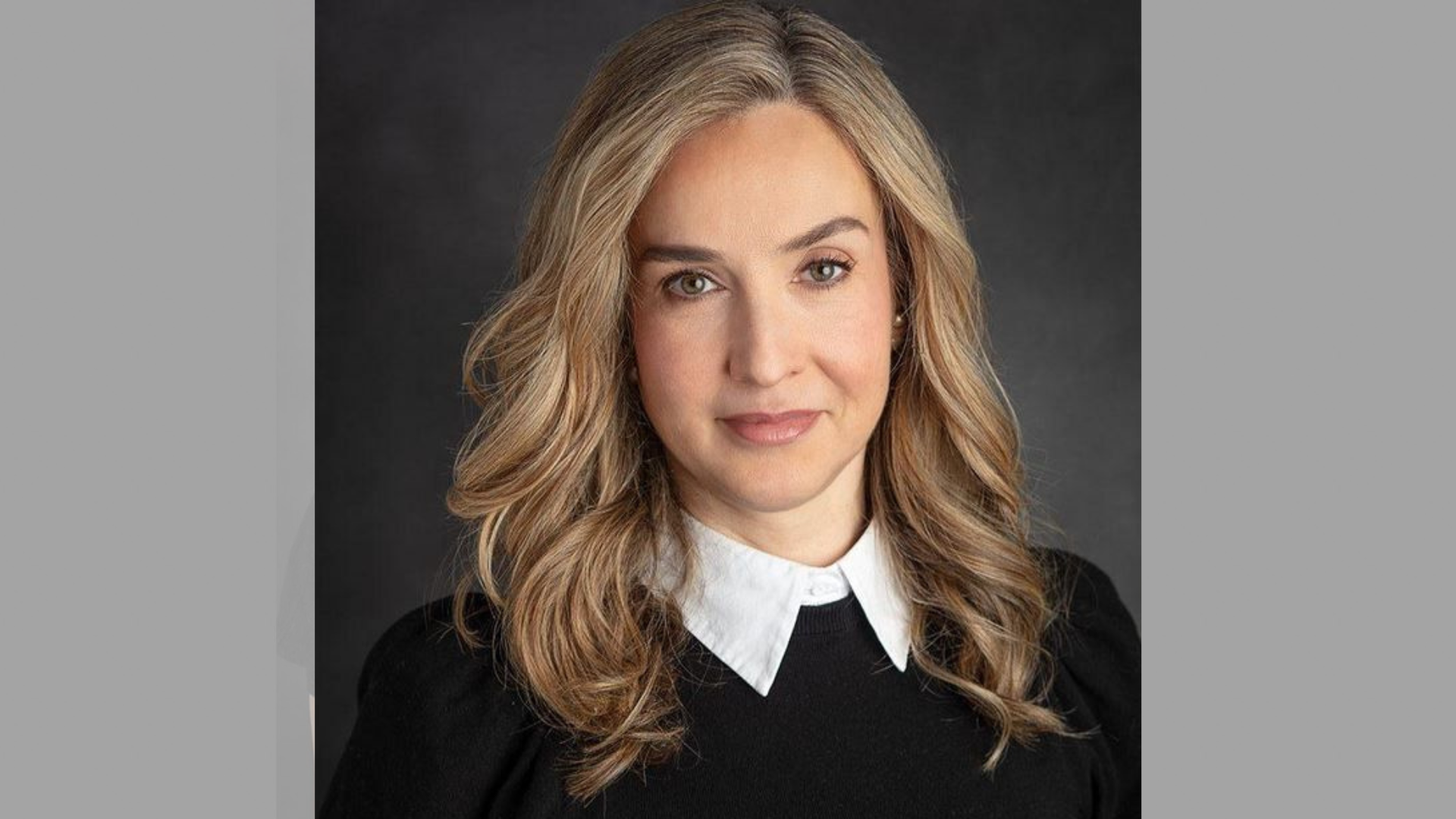By Ilias Karagiannis
At a time when politics is seeking new voices, Niovi Christopoulou brings a sense of renewal and hope. Dynamic, internationally experienced, and deeply passionate about Greece, the recent New Democracy candidate in the European elections seems to embody the need for more vibrant and outward-looking political representation.
Eleanor Roosevelt once said, “The future belongs to those who believe in the beauty of their dreams.” Christopoulou’s words and actions reflect dreams that go beyond personal success, aiming for a more outward-facing and stronger Greece.
Based in New York City, she envisions a Greece that unites, inspires, and mobilises the diaspora globally. With a background in law, Christopoulou currently works as a consultant for major companies in digital technology and innovation, focusing particularly on Artificial Intelligence (AI) and global payment systems (fintech).
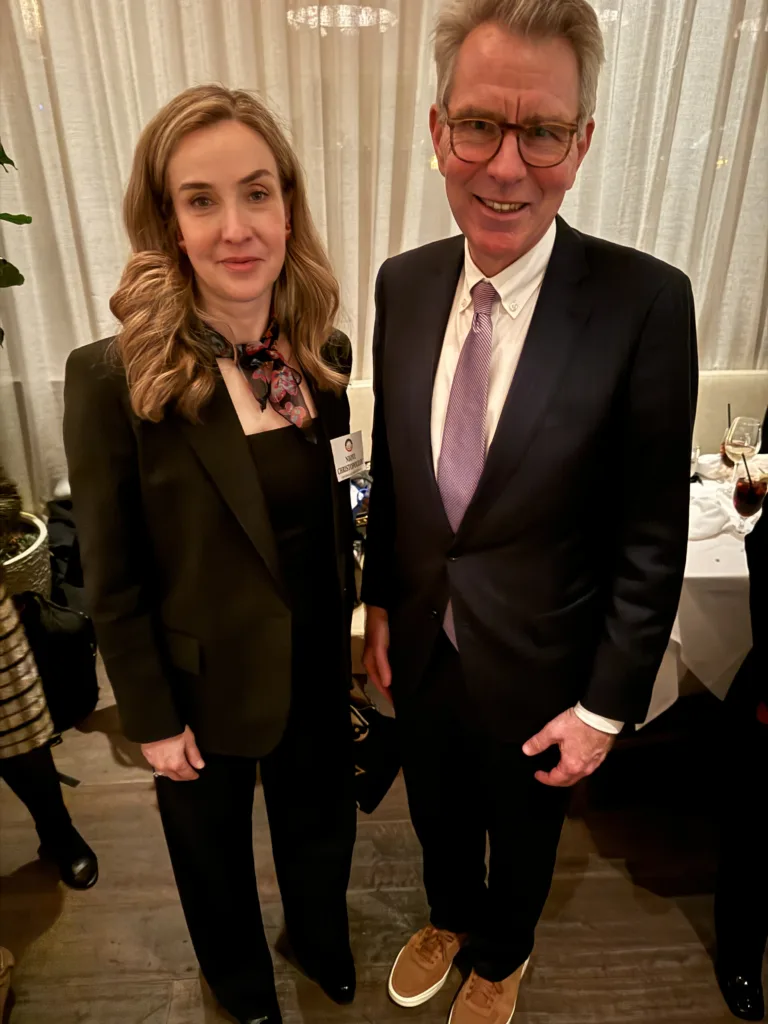
The Greek Herald spoke with her about the recent US elections, the election of Donald Trump as the new President of the United States, the anticipated impact of the new leadership on America and the world, as well as her thoughts on the Greek diaspora, the Greek government’s strategic plan, and her vision for expatriates.
“We were surprised that Donald Trump won both the Electoral College and the popular vote so quickly,” Christopoulou noted.
“This provided a clear outcome and avoided a period of uncertainty, which could have led to legal challenges.”
America is already preparing for the changes that the new administration will bring.
“The United States is a vast country with significant variations between states and regions. It’s very difficult to generalise. Living in New York, I’ve observed a calm reaction here. The focus is now on the individuals the new president will appoint to key positions. We’ve already seen developments affecting Greece, such as Mike Pompeo not being included in the new administration,” she said.
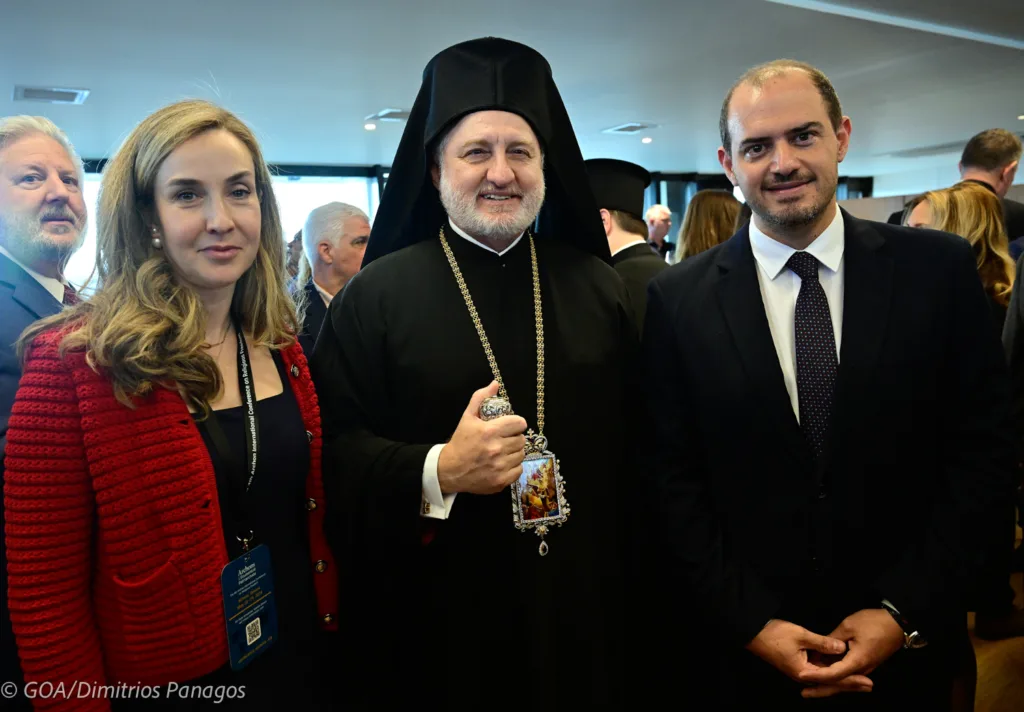
© PHOTO: GOA/Dimitrios Panagos
“Everyone is preparing for changes, for example, the possibility of stricter enforcement of non-compete clauses, which I recently read about in a legal article. Such issues illustrate how the US is preparing for the distinctive approach of the new president, which will differ significantly from what we’ve seen before.”
On US-EU relations, Christopoulou stated: “The European Union is a crucial strategic partner for the United States, and I don’t believe the election of a new president will change this, especially given today’s fluid and dangerous geopolitical landscape. However, the new president has already announced plans to impose high tariffs on European products. This is a complex issue, particularly for industries like car manufacturing, where Germany dominates and produces many models within US borders. It remains to be seen whether these declarations will stay rhetorical or lead to hostile trade measures against EU products.”
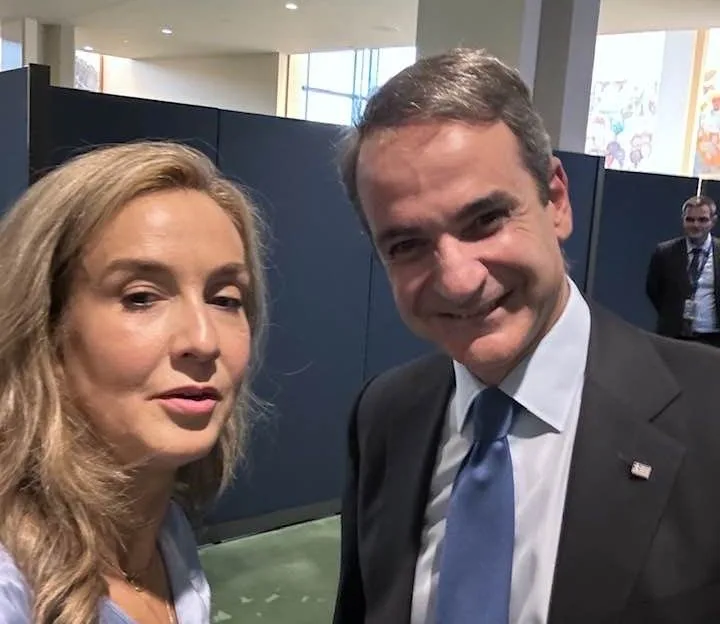
Support from the diaspora
Greek Prime Minister Kyriakos Mitsotakis recently stated that Greece’s relations with the US were excellent during Trump’s first term and would remain so in his second term.
“I agree with the Prime Minister that Greek American relations have been positive during both the Trump and Biden administrations. The Greek government has cultivated good relations with both parties, demonstrating preparation focused on national interests,” Christopoulou said.
Having lived in the US for nearly 24 years, Christopoulou speaks highly of the Greek American community.
“Greek Americans born here are US citizens, but they hold great love for Greece. They contribute through charitable or private efforts, and the diaspora has a strong presence and representation in the US political system, acting as a positive influence,” she said.
In the recent European elections, Christopoulou received approximately 31,000 votes with New Democracy—a remarkable achievement that seems to signal a promising future.
“I am deeply grateful for this support and want to give back, both politically and as an expatriate. I believe this reciprocity will continue. One tangible example is my participation in the consultation process for the strategic plan concerning expatriates. I’ve submitted comments, available on the Foreign Ministry’s website, with specific and actionable proposals,” she explained.
“I believe the Diaspora across all continents is Greece’s strength. It’s vital to connect not just with Greece, but also with each other. I encourage expatriates in Australia to connect with those in America, Africa, and Asia. We have so much to offer. My presence here and my participation in the European elections are just the beginning.”
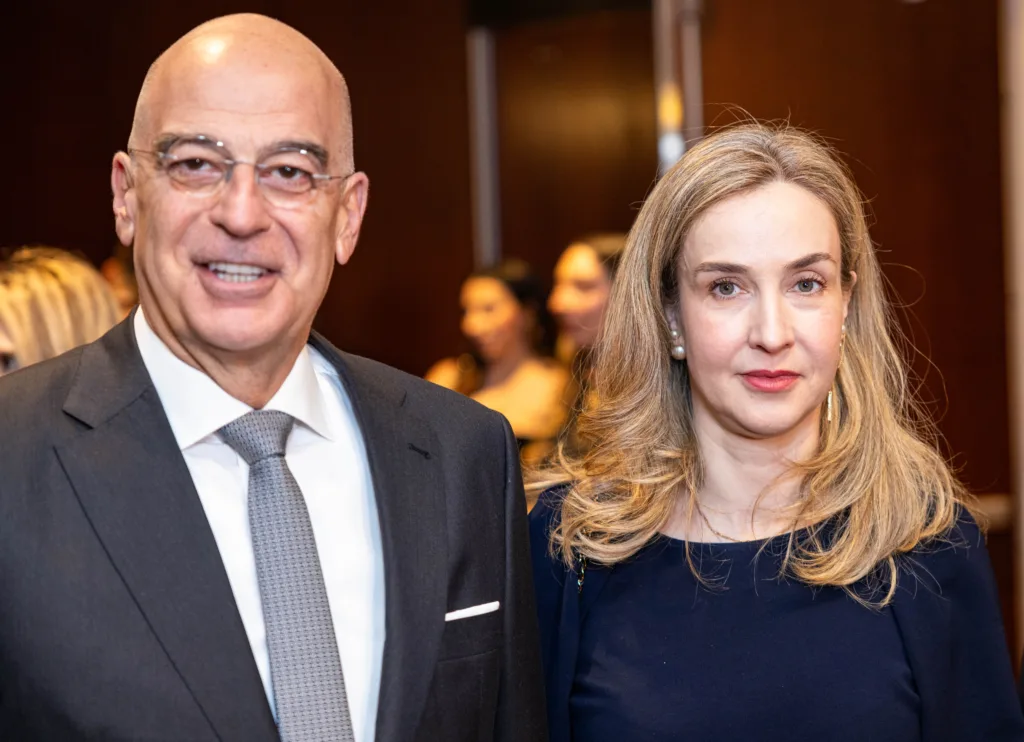
Strategic Plan for the Diaspora
When asked about the most pressing issues for the Greek diaspora, Christopoulou highlighted two key areas.
“The first concerns connecting expatriates with Greece in everyday matters. It’s crucial to facilitate issues such as passport issuance, inheritance rights, or tax matters related to Greece. Significant progress has been made in this area, especially through digital platforms that have expedited many processes. However, more support is needed, particularly in acquiring Greek citizenship. Many expatriates struggle to obtain Greek passports due to missing documentation from their ancestors,” she said.
“The second issue is Greek education. This isn’t just about teaching the language, but fostering a comprehensive Greek education and consciousness. This should include history, philosophy, and geography, creating a modern and practical connection between expatriates and Greece.
“It’s also essential to protect and promote the Greek language, especially using new technologies and AI. Languages with unique alphabets, like Greek, face challenges in this technological environment.
“Greek education shouldn’t be treated as a basic tutorial issue. It’s not enough for expatriate children to learn the basics of the language. We must provide opportunities for them to advance their Greek skills as much as they wish. This will enable them to understand Greece’s needs and maintain a practical connection to their homeland.
“The most urgent issue is branding Greek education for both expatriates and the wider world. This is something other countries, like France, have successfully achieved. French education and culture have become exportable products, marketed as unique and valuable globally—not just to the French. This is my vision for Greek education.”
